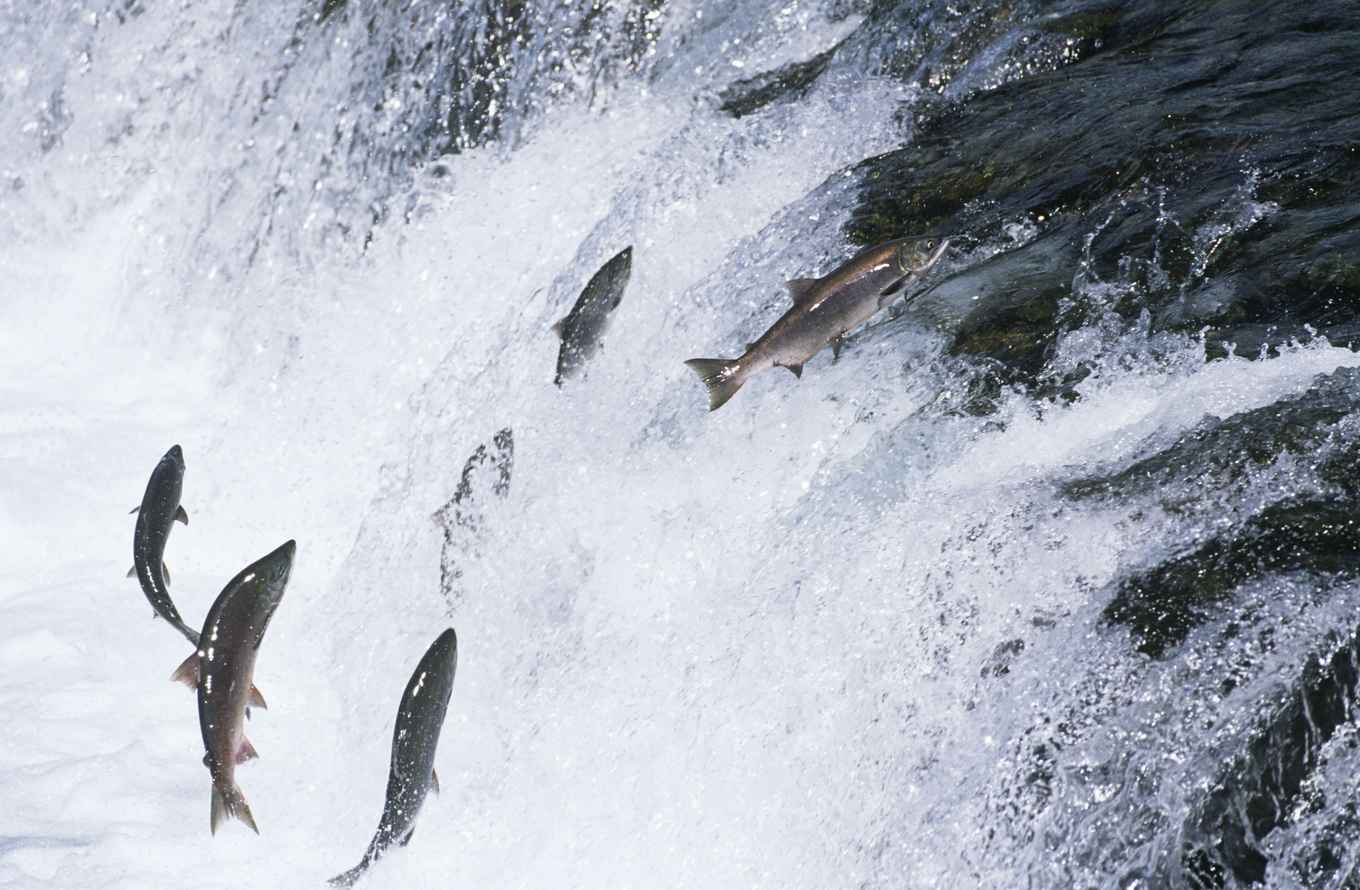Ecological changes with minor effect lead to delayed evolutionary regime shifts
10 February 2020

It is well-established that small changes in environmental conditions can cause abrupt and dramatic changes in ecosystems. In shallow lakes, for example, small changes in nutrient input may cause a sudden shift from a clear-water state with many species to a turbid state with low biodiversity. Likewise, small increases in grazing pressure may result in the collapse of plant communities in semi-arid regions, ultimately transforming large areas into deserts.
Regime shifts
These abrupt changes, known as regime shifts, are not just restricted to ecological systems. In economics, for example, regime shifts include the financial crisis of 2008 and various stock market collapses. Until now, researchers have only investigated how regime shifts are triggered as an immediate response to a change in environmental conditions beyond a critical threshold (‘tipping point’). However, they have not considered how changes in environmental conditions can also trigger the evolution of individual organisms that can adapt to the changing conditions by, for instance, altering their character traits or behaviour.
In their new research, UvA scientists Catalina Chaparro-Pedraza and André de Roos reveal for the first time how such evolutionary changes affect the occurrence of regime shifts. Catalina Chaparro-Pedraza who performed this research as part of her PhD project at the UvA Institute for Biodiversity and Ecosystem Dynamics (IBED), explains: ‘We show that, even though a change in environmental conditions has not cross a critical threshold, it can still result in a regime shift after substantial delay. This is because the change in environmental conditions initiates an evolutionary process that drives individual character traits to the critical threshold value, at which point, the regime shift occurs. The time that elapses between the change in environmental conditions and the ensuing regime shift may be arbitrarily long, depending on the speed of the evolutionary process.’
Changing habitats of salmon
The occurrence of these evolution-induced, delayed regime shifts is illustrated using a mathematical model that captures the fundamentals of species that at some point in their life change from one habitat to another, inspired by the life cycle of salmon. As new-borns, salmon are part of the biological community in freshwater streams. But once they leave the rivers and migrate to sea, they become part of an entirely different biological community.
Inspired by this biological system, Chaparro-Pedraza and de Roos show that a change in environmental conditions - represented here by a reduction in the mortality that the individuals are exposed to in the marine habitat - has only minor immediate effects on the biological communities. However, it initiates an evolutionary process that slowly drives the individual character traits to the critical threshold value at which a regime shift occurs.
‘Remarkably, this regime shift produces dramatic changes in community composition in both the freshwater and marine community simultaneously, even though nothing changed in the environmental conditions of the freshwater community,’ says de Roos, professor of Theoretical Ecology at UvA-IBED. Therefore, not only did an arbitrary amount of time elapse between the change in environmental conditions in the marine habitat and the occurrence of the regime shift, but also the abrupt shift in the composition of the freshwater community was triggered by a change in an entirely different environment.
Predicting regime shifts
The interactions within and between biological communities, as well as between ecological and evolutionary processes, make it difficult to predict regime shifts. Currently, methods to predict the occurrence of regime shifts are limited to those shifts caused by a change in environmental conditions beyond a critical threshold. Since evolution-induced regime shifts start with a change in environmental conditions that does not cross a critical threshold, new methods to predict the occurrence of these regime shifts are needed.
Chaparro-Pedraza: ‘Such methods may be useful to predict not only regime shifts in biological systems, but also, for instance, the collapse of stock markets as a consequence of increasingly risky financial practices. In the end, humans are just as adaptive as other organisms, as they continuously alter their behaviour to cope with changing conditions.’
Contact
Publication details
A.M. de Roos; P.C. Chaparro Pedraza: ‘Ecological changes with minor effect lead to delayed evolutionary regime shifts’, in Nature Ecology and Evolution (11 februari 2020). Link: https://www.nature.com/articles/s41559-020-1110-0